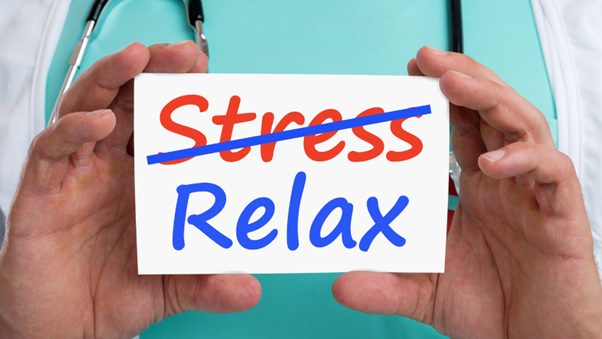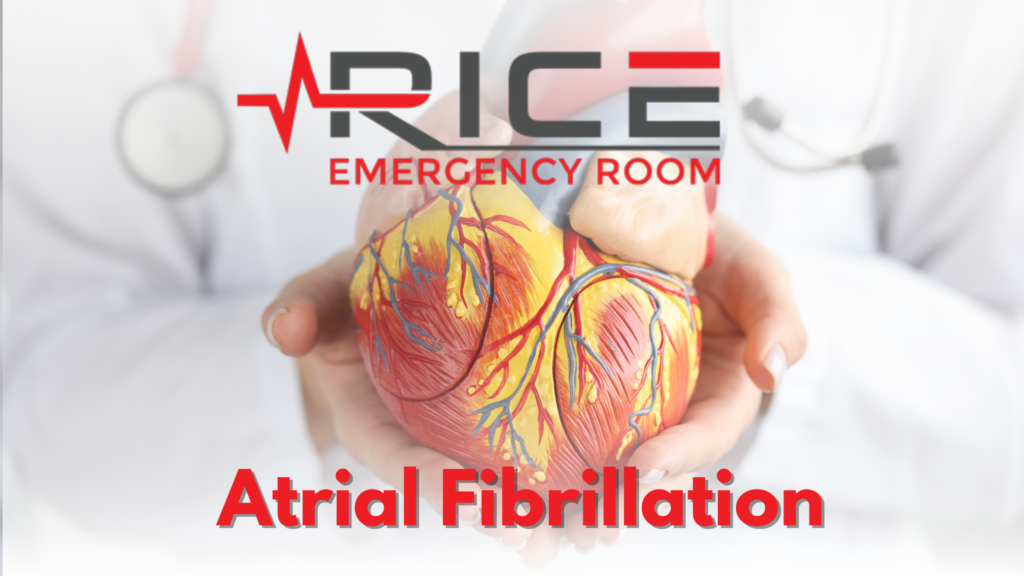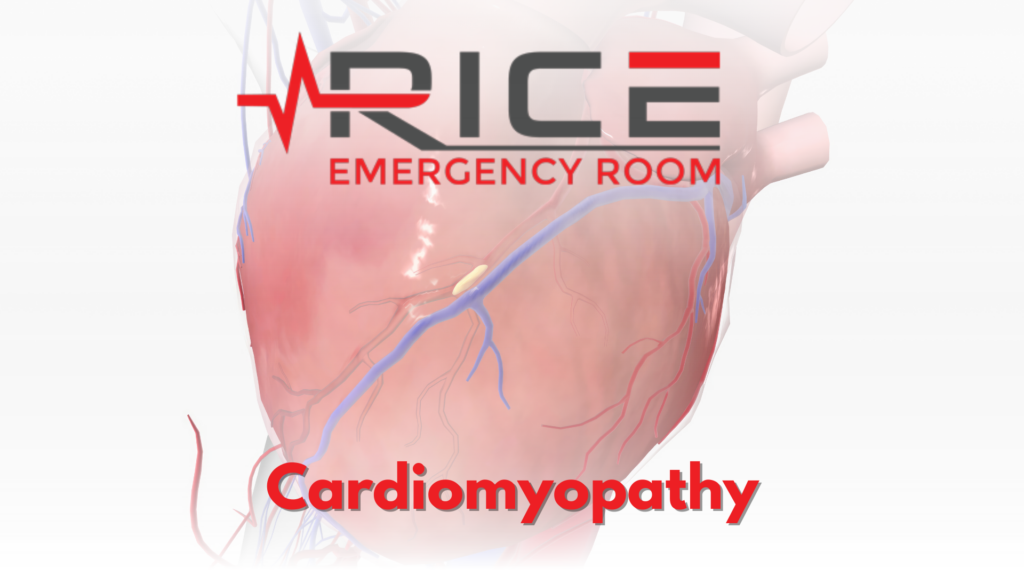
The Effects of Stress on Your Health has a big impact. April is National Stress Awareness Month and it’s a time to focus on the dangers of stress and learn how to manage it better. Stress is often called the “silent killer” because it can significantly impact your health without you even realizing it. According to the American Psychological Association, chronic stress can lead to all sorts of health problems, including heart disease, obesity, diabetes, and asthma.
How Stress Can Affect You
According to research, having less stress in your everyday life improves your emotional stability, mood, and general health. And it won’t take a lot of time to do it. According to studies, even five minutes of relaxation each day can help you stay focused, relaxed, and rejuvenated. Even brief work breaks promote employee engagement and performance as well as sleep quality, immunity, blood pressure, digestion, and emotional well-being. (Robinson, 2021)
Many health problems can be worse by stress, such as anxiety, insomnia, irritability, inability to pay attention, difficulty completing work, substance abuse issues, and unwise dietary choices. The sympathetic nervous system of the body becomes active during periods of physical or mental stress. As a result, the fight-or-flight reaction is triggered: Your body gets ready to either flee or physically protect itself against a threat. You could detect immediate physiological responses like an elevated heartbeat, quick breathing, respiration difficulty, dizziness, headache, nausea, and muscle tension.
The release of cortisol is one of the causes of these bodily reactions. Cortisol narrows arteries and suppresses insulin synthesis. Cortisol levels normally return to normal when the danger has passed and your body heals from its effects. Yet when stress is persistent, cortisol levels remain high. However, in the long run, this can lead to various issues, such as diabetes, cardiovascular disease, and ongoing digestive problems like irritable bowel syndrome.
(Cleveland Clinic)
Breathing to Relieve Stress
Your breath can reduce anxiety and relieve tension. You’ll notice a significant improvement if you incorporate some easy breathing exercises into your daily routine. There are different breathing exercises like deep breathing, lion’s breath, progressive muscle relaxation, and equal-time breathing. These techniques can help you relax and destress. (WebMD)
Other Ways to Destress
You can handle stress by leading a healthy lifestyle. Get enough sleep, engage in regular exercise, and eat a balanced diet. Make an attempt to relax more and spend less time in front of a screen, such as a phone, tablet, computer, or television. Avoid using drugs or alcohol to relieve stress.
Deep breathing, tai chi, yoga, meditation, mindfulness, and being in nature benefit many people. Schedule some alone time. Take a bubble bath, get a massage, dance, watch a comedy, listen to music—whatever it takes to unwind. You will still experience stress in your life. Moreover, constant stress management is required. You may mitigate some of the negative consequences of stress and improve your capacity to deal with obstacles by being aware of what stresses you out and developing relaxation techniques. You can enhance your relationships, your capacity to focus, your ability to manage stress, and many other aspects of your life. You might find speaking with a mental health expert beneficial if your stress intensifies. (Mayo Clinic)
Handling Stress
Stress can take a toll on both physical health and mental well-being. Finding ways to manage stress is essential for maintaining good health, as it can cause various illnesses and diseases. By finding ways to manage stress, you can help reduce the risks of physical and mental health issues caused by excessive or prolonged stress. This Stress Awareness Month, join Rice Emergency Room in spreading awareness about the effects of stress and help yourself and others lead a stress-free life.
Works Cited
Bryan Robinson, Ph.D. “10 Microchillers to De-Stress during National Stress Awareness Month.” Forbes, Forbes Magazine, 3 Apr. 2021, www.forbes.com/sites/bryanrobinson/2021/04/03/10-microchillers-to-de-stress-during-national-stress-awareness-month/?sh=3e1323a16713.
Team, Brain and Spine. “Can Stress Actually Make You Sick?” Cleveland Clinic, Cleveland Clinic, 2 Dec. 2020, https://health.clevelandclinic.org/can-stress-actually-make-you-sick/.
“Deep Breathing Exercises & Techniques for Stress Management and Relief.” WebMD, WebMD, https://www.webmd.com/balance/stress-management/stress-relief-breathing-techniques.
“Stress Management Stress Relief.” Mayo Clinic, Mayo Foundation for Medical Education and Research, 8 Apr. 2022, www.mayoclinic.org/healthy-lifestyle/stress-management/basics/stress-relief/hlv-20049495



